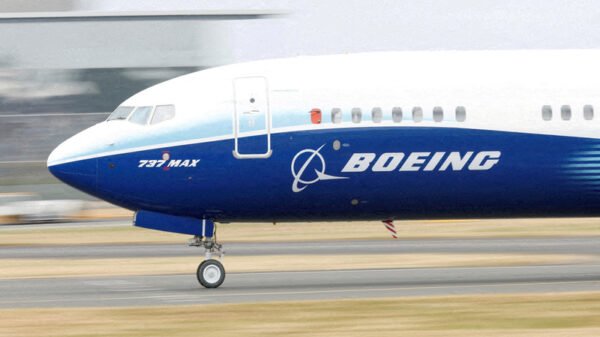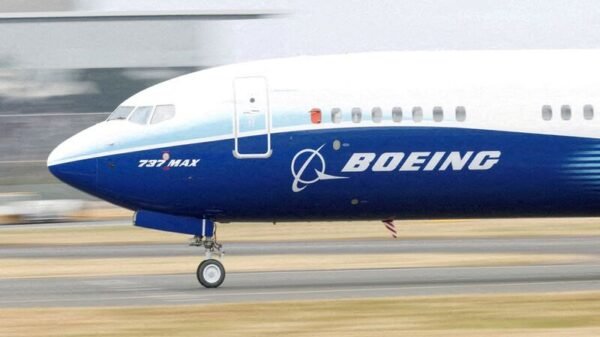FAA’s Directive: Boeing 737 MAX Production Interrupted Due to Quality Control Problems
On March 4, the Federal Aviation Administration (FAA) announced that its audit into Boeing and supplier Spirit AeroSystems revealed multiple instances where the companies allegedly failed to comply with manufacturing quality control requirements. The audit also identified non-compliance issues in Boeing’s manufacturing process control, parts handling and storage, and product control. The FAA released a summary of its findings to the companies as part of an ongoing investigation, but it has not made the details public.
The audit was initiated following a mid-air emergency on January 5 involving a new Alaska Airlines 737 MAX 9, which lost a door plug at 16,000 feet. As a result, the FAA barred Boeing from expanding 737 production and emphasized that the quality assurance issues were unacceptable. Last week, FAA Administrator Mike Whitaker stated that Boeing must develop a comprehensive plan to address systemic quality-control issues within 90 days.
The audit findings may impact Boeing’s plans to acquire Spirit AeroSystems, the company that manufactures the fuselage for the 737 MAX. Spirit AeroSystems stated that it is in communication with Boeing and the FAA on appropriate corrective actions. Boeing has not yet commented on the FAA’s findings.
FAA Administrator Whitaker emphasized the need for Boeing to commit to real and profound improvements, with a focus on accountability and the development of a plan to address quality-control issues. Boeing’s CEO, Dave Calhoun, expressed the company’s total commitment to addressing FAA concerns and developing a comprehensive plan.
The FAA’s audit aimed to examine the entire manufacturing process, including inspections, interactions with suppliers, and handoffs to understand the system and identify potential faults. The findings underscore the importance of addressing quality-control issues in the aerospace industry to ensure the safety and reliability of aircraft production.






































Comment Template